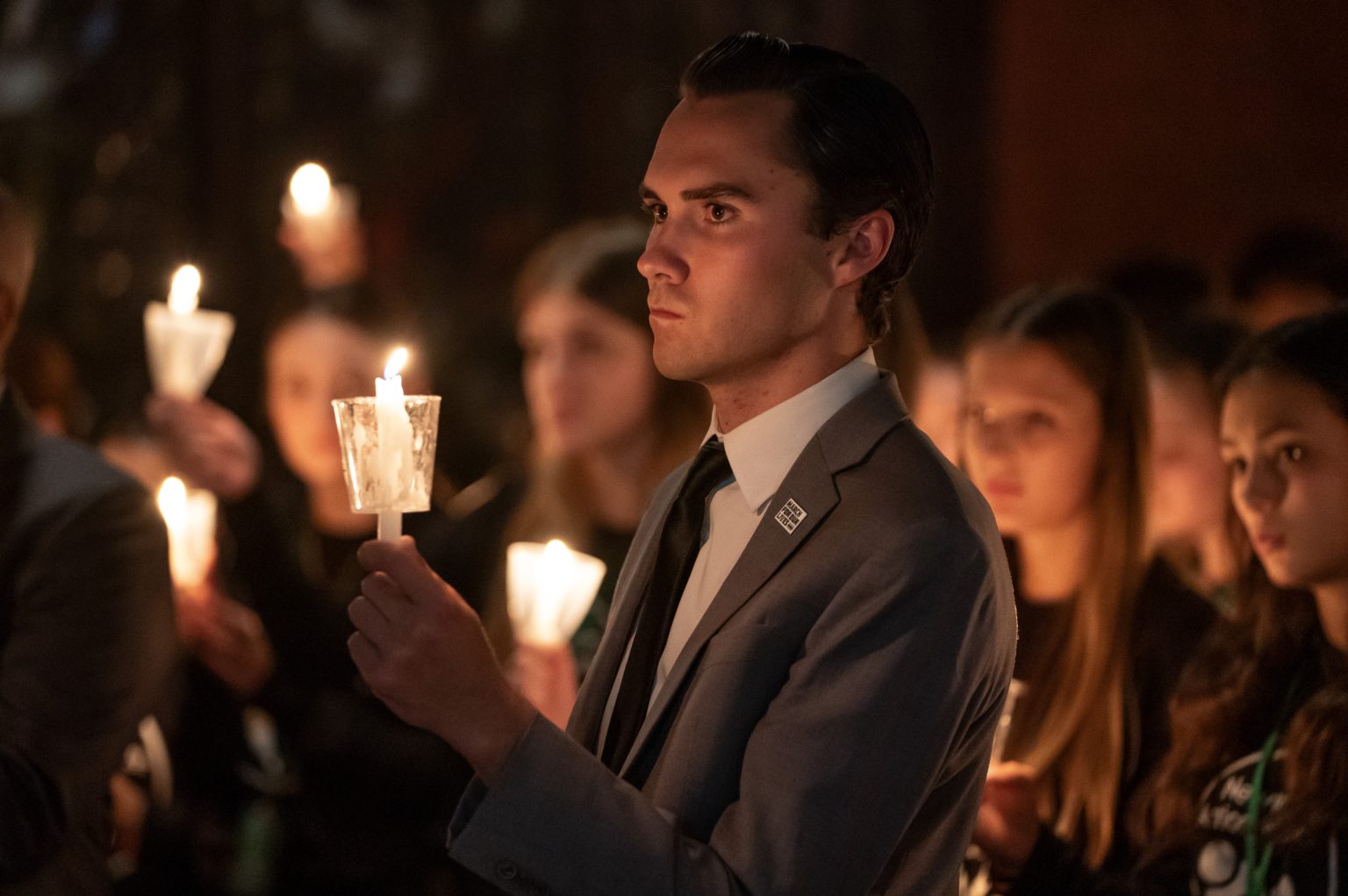David Hogg, a prominent Gen Z activist and Parkland shooting survivor, has announced his candidacy for vice chair of the Democratic National Committee (DNC). Hogg’s decision stems from his growing frustration with the DNC’s perceived disregard for young voters and their concerns. He cites an instance where a senior Democratic consultant dismissed his concerns about President Biden’s reelection bid with a dismissive and expletive-laden message. This incident, Hogg argues, exemplifies a broader issue within the Democratic Party: a reliance on consultants who prioritize maintaining a comfortable delusion over confronting uncomfortable realities. He believes the party needs to engage with the real-life struggles of ordinary Americans and not be swayed by the opinions of insulated political strategists.
Hogg’s activism began in the aftermath of the tragic Parkland shooting, where he emerged as a leading voice for gun control. He co-founded March for Our Lives, a massive youth-led protest advocating for stricter gun laws. His advocacy has earned him accolades, but also subjected him to intense scrutiny, harassment, and conspiracy theories. He has been targeted by individuals and even members of Congress, including Representative Marjorie Taylor Greene, who confronted him before her election to the House. The experience solidified his resolve to fight for gun safety, but his focus has expanded to encompass broader issues impacting Americans.
A pivotal moment in Hogg’s life came with the recent loss of his father, a Navy veteran and former FBI agent, to early-onset Parkinson’s disease. The experience exposed Hogg to the vulnerabilities of the American healthcare system and the financial burdens placed on families grappling with serious illnesses. While his family ultimately avoided financial ruin due to the short duration of his father’s final illness, Hogg realized the precarious situation faced by many Americans lacking the same privileges. This experience fueled his conviction that the Democratic Party must address the healthcare crisis and other challenges faced by everyday Americans, rather than focusing on abstract political messaging.
The recent murder of UnitedHealthcare CEO Brian Thompson further underscored the widespread anger and frustration directed towards the healthcare industry. While condemning the act of violence, Hogg acknowledges the public’s reaction as a reflection of deep-seated resentment towards a system perceived as exploitative and inaccessible. He criticizes the Democratic Party for not adequately addressing this resentment and capitalizing on the opportunity to connect with voters struggling with healthcare costs. He believes the party needs to recognize the emotional toll these issues take on individuals and families, even after the public discourse moves on.
Hogg’s decision to run for DNC vice chair is driven by a desire to reshape the party’s approach and reconnect with voters, particularly young men who drifted towards the Republican Party in the recent election. He recounts a DNC meeting where his inquiries about outreach strategies for young men were met with resistance and ridicule. The subsequent election results, showing a significant swing among young men towards Trump, validated Hogg’s concerns. He emphasizes the need for empathy and the ability to address the challenges faced by different demographic groups simultaneously. Hogg criticizes the overreliance on political consultants who prioritize their own interests over the party’s success and advocates for listening to the needs of ordinary Americans.
Hogg’s vision for the DNC includes a greater focus on direct communication with voters, particularly through social media. He believes the party needs to humanize itself and showcase the individuals working on behalf of the American people. He also champions small-dollar donors and seeks to build a party that is responsive to the concerns of young voters. Hogg’s ultimate goal is to create a Democratic Party that actively addresses the real-world problems faced by Americans, rather than clinging to outdated strategies and prioritizing the opinions of political consultants and wealthy donors. He argues that focusing on kitchen-table issues like healthcare and economic security will resonate more effectively with voters than abstract concepts like democracy, especially when people are struggling to make ends meet.

